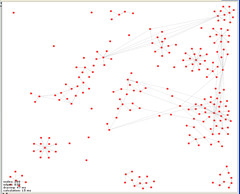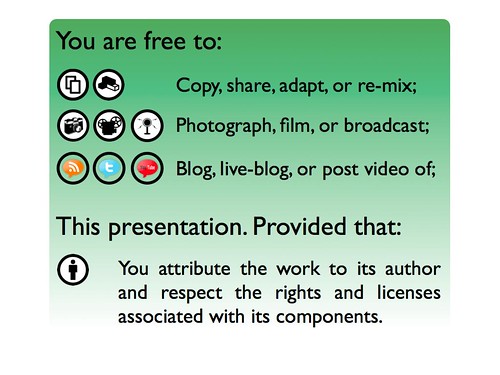
Following on from (but unrelated to) my post last week about feed tools we have two posts, one from Deepak Singh, and one from Neil Saunders, both talking about ‘friend feeds’ or ‘lifestreams’. The idea here is of aggregating all the content you are generating (or is being generated about you?) into one place. There are a couple of these about but the main ones seem to be Friendfeed and Profiliac.




